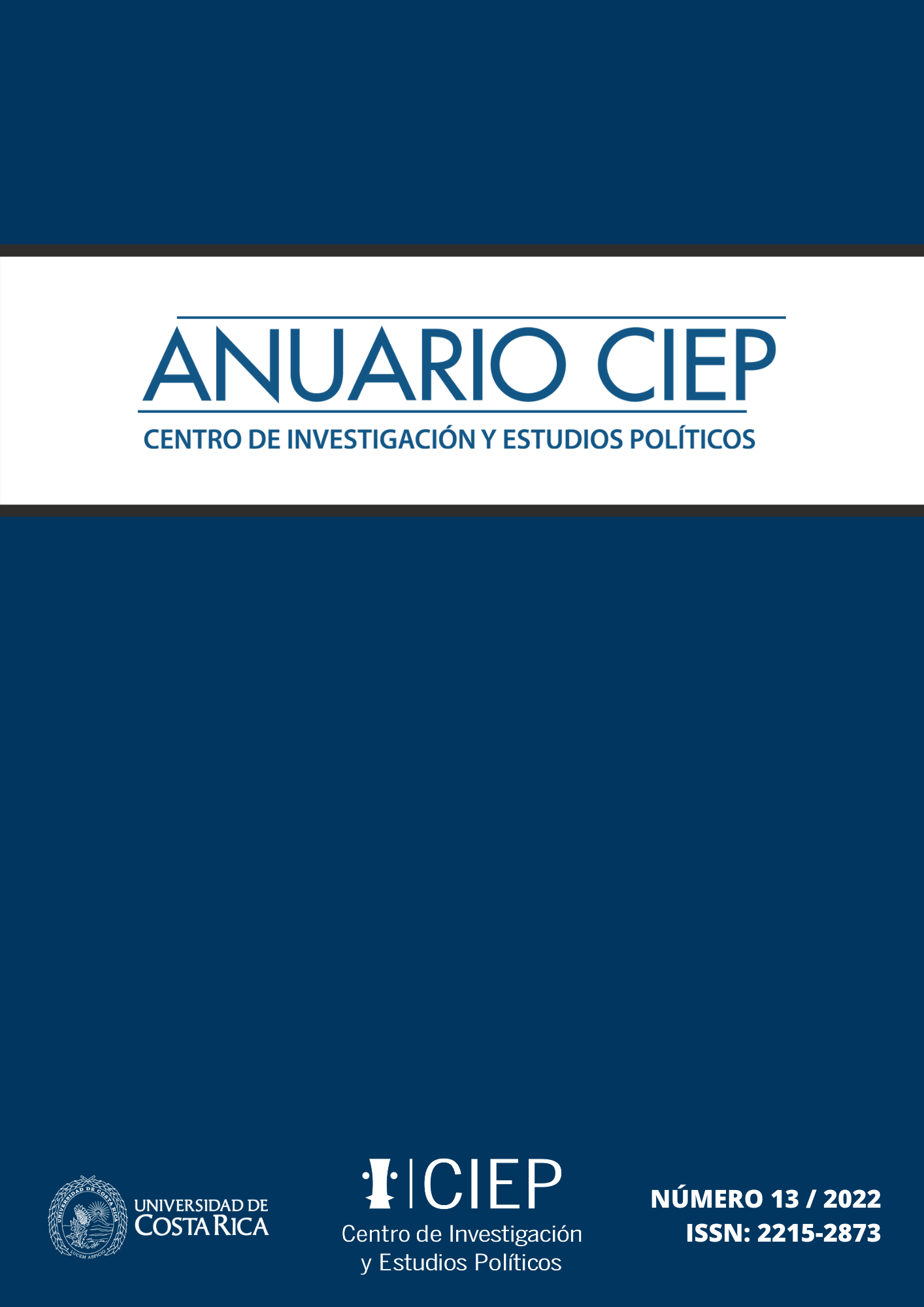Abstract
The purpose of this research is to contrast at the cantonal level, the social foundations of voting and abstentionism in the most recent elections for mayors and for president of the republic, in 2020 and 2018 respectively. At the beginning, seeking to provide context for both elections, this article analyzes the evolution of support for Costa Rican democracy and the development of municipal institutions since the first mayoral election in 2002. The study concludes that socially and regionally there is a great difference between the two elections. The two parties that won the presidential elections are different from the two that won the mayors’ elections. And within each cantonal vote, its composition is opposite. While in 2018 the vote for the National Liberation Party (PLN) was associated only with a dimension of social development, social integration, in 2020 these two variables are not associated, but it was negatively associated with the level of education and essential infrastructure. The Christian Social Unity Party (PUSC), which in 2018 was positively associated with social development indicators, in 2020 there were no important associations, that is, it is a different PUSC. Regarding abstentionism, it follows opposite patterns regionally and socially. It was found that those cantons with the greatest lag in terms of human development are, in turn, the cantons with institutionally weaker municipalities. For this reason, the capacity of the decentralization reform to reduce the marked cantonal inequality is questioned.

